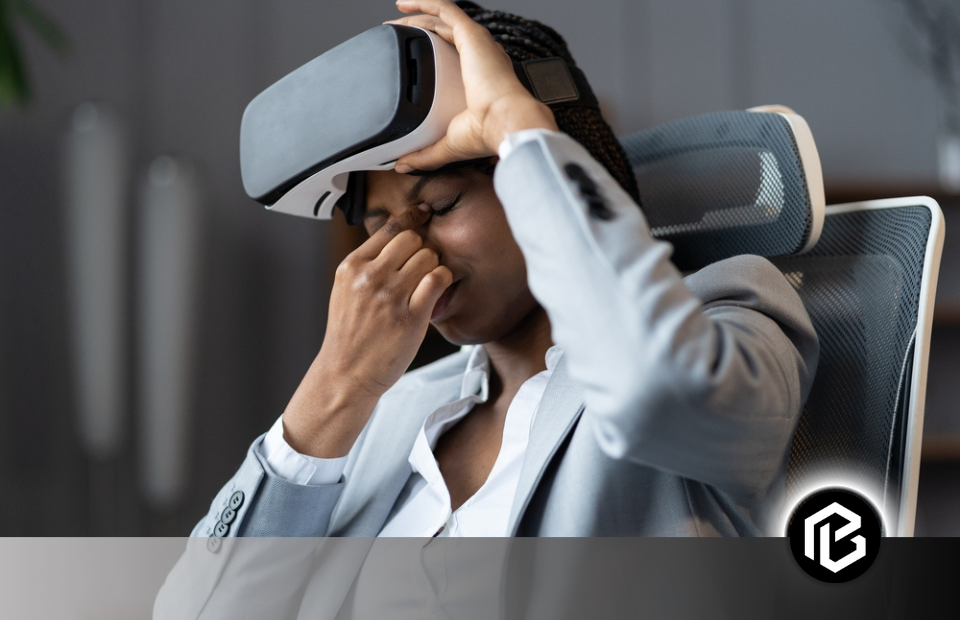Is Virtual Reality Bad for Your Eyes? Using VR for long periods of time can cause eye strain. Virtual Reality (VR) has become very popular these days, and many people are excited about it. However, some folks are worried that using VR might be bad for our eyes. In this blog post, we’ll look into whether VR can harm our eyes, understand how VR works, clear up some common misunderstandings, check out what scientific studies say, share tips for keeping our eyes healthy while using VR, and talk about how VR eye health research is still evolving.
- Understanding Virtual Reality
- How Virtual Reality Works?
- The Eyes and Visual Perception
- Common Misconceptions
- Scientific Studies and Research
- Impact of VR on Our Eyes
- User Practices for Eye Health in VR
- VR Industry Standards
- Pre-existing Eye Conditions and VR
- Age Considerations in VR Usage
- Expert Opinions and Interviews
- Tips for Alleviating Eye Strain
- Future Trends in VR Eye Health
- Conclusion
- Frequently Asked Questions on is virtual reality bad for your eyes
Understanding Virtual Reality
Before we get into how VR might affect our eyes, let’s understand what VR is. VR is like a made-up world created by computers that tricks our senses, especially sight and hearing, into feeling like we’re in a different place. VR has become popular recently, with better technology and affordable VR headsets available to many people.
VR is used in entertainment, education, and healthcare. The role of Gadgets in entertainment is very important in these days, it lets us explore virtual worlds and feel like we’re part of the action. In education, it helps us learn through cool simulations and virtual field trips. And in healthcare, it’s useful for rehab, managing pain, and planning surgeries.
How Virtual Reality Works?
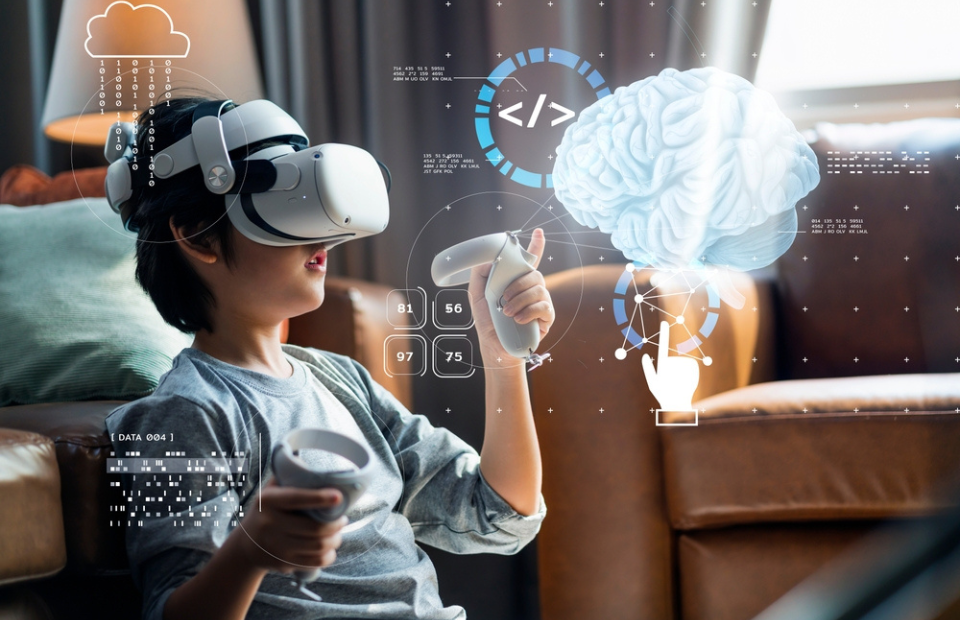
To figure out if VR can be bad for our eyes, we need to know how it works. VR uses screens in headsets or goggles to show us high-quality pictures that make it seem like we’re in a different world. It also has systems that follow our head movements, making the experience more realistic. But all this can affect how our eyes work.
The Eyes and Visual Perception
Our eyes are amazing! They take in light, turn it into signals for our brains, and help us see the world around us. In VR, our eyes use the pictures on the screen to judge depth and distance. But sometimes, the way our eyes naturally focus and adjust in the real world can get messed up in VR. This can strain our eye muscles and make our eyes feel tired.
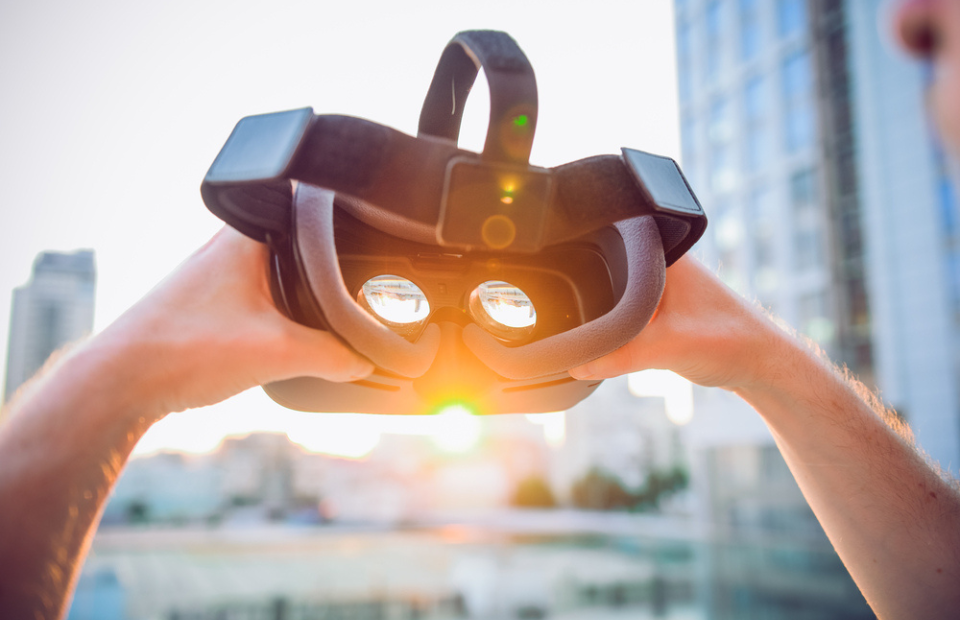
Common Misconceptions
Before we talk about how VR might affect our eyes, let’s clear up some wrong ideas. VR is different from staring at a regular screen for a long time. VR is more immersive, and that can make our eyes work harder. But, good news! Modern VR headsets are better, with clearer pictures and less discomfort. And studies say that using VR the right way and not too much won’t hurt our eyes permanently.
Scientific Studies and Research
To understand if VR is bad for our eyes, scientists have done studies. One study found that using VR for a long time might make our eye muscles uncomfortable, but it won’t damage our eyes in the long run. More research is going on, and some smart people are working on better technology to make using VR easier for our eyes.
Having delved into the world of VR for years, responsible usage is key. The evolving technology and research are making strides in creating an experience that not only captivates but cares for your eyes. Taylor, VR Enthusiast and Researcher
Impact of VR on Our Eyes
With the excessive use of VR technology, we can face these different eye problems:
- Eye Strain
- Dry Eyes
- Convergence Insufficiency
- Blurred Vision
- Accommodation Issues
- Double Vision
- Exacerbation of Existing Eye Conditions
User Practices for Eye Health in VR
While we’re waiting for more research, here are some things we can do to keep our eyes healthy when using VR. Take breaks often and don’t use VR for too long. Follow the 20-20-20 rule: every 20 minutes, look away for 20 seconds at something 20 feet away. Adjust the settings on your VR headset to make it more comfortable for your eyes.
VR Industry Standards
People who make VR headsets know about the concerns, so they made rules to keep our eyes safe. They made sure the screens were good quality, the delay was low, and the design was comfy. And new VR headsets are getting even better with features like eye-tracking to make things more natural for our eyes.
Pre-existing Eye Conditions and VR
If you have eye problems, be careful with VR. Talk to eye doctors before using it too much. People who wear glasses should check if their glasses work with their VR headset. Some headsets can fit glasses, while others might need special lenses.
Age Considerations in VR Usage
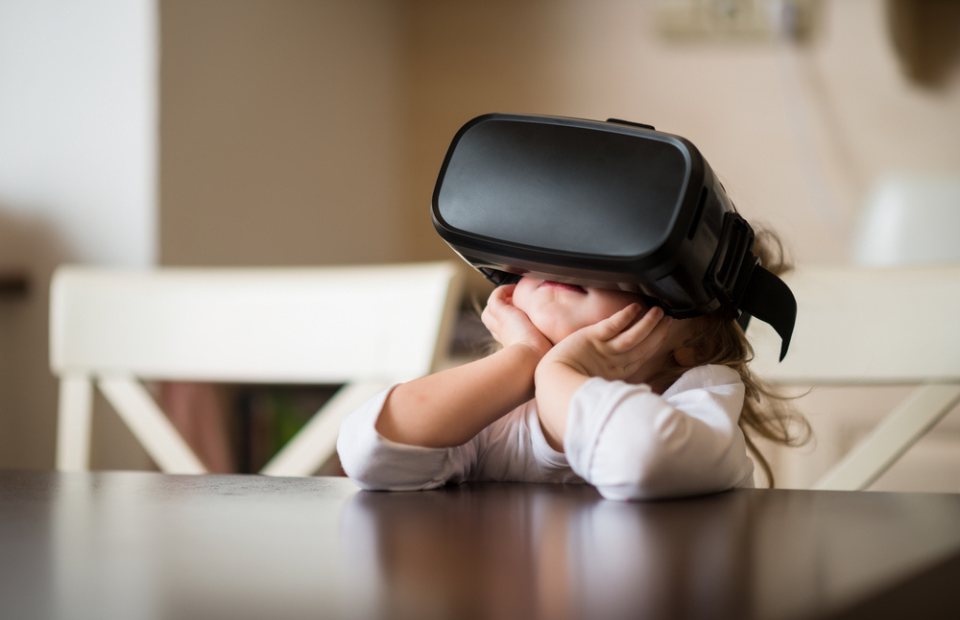
Kids can use VR, but it’s important to be careful. Too much VR might affect their eyes as they grow. Parents should control what kids see in VR and how long they use it. Keep an eye on them!
Expert Opinions and Interviews
Experts say to use VR responsibly. Eye doctors talk about good practices, and VR developers make sure the tech is comfy. People who’ve used VR for a long time share their experiences and tips for avoiding eye strain.
In the realm of virtual reality, safeguarding your eyes is paramount. Regular breaks and proper calibration are your allies in maintaining eye health.
Dr. Sophia Visionary, Ophthalmologist
Tips for Alleviating Eye Strain
If your eyes feel tired from VR, try these tricks:
- Do eye exercises to relax your muscles.
- Use good lighting while in VR.
- Balance VR time with other activities to avoid eye strain.
Future Trends in VR Eye Health
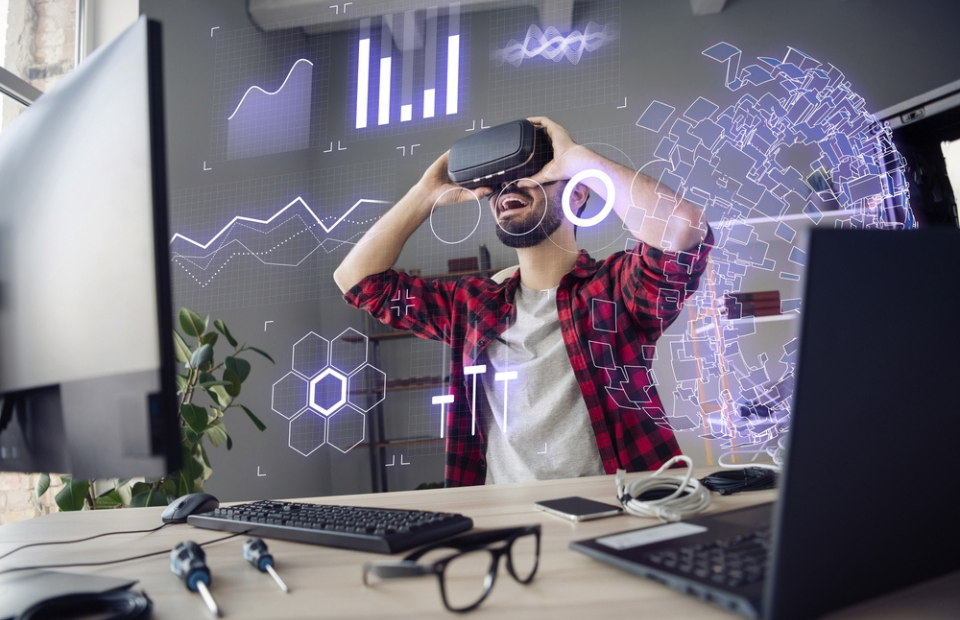
The future of VR eye health looks exciting! New tech with better eye-tracking is coming, and researchers are finding ways to make VR safer for our eyes. Collaboration between VR makers and eye experts will keep improving the VR experience.
The future of VR is promising, with advancements like integrated eye-tracking. This not only enhances user experience but also prioritizes eye comfort in the virtual landscape. Professor Alan VR Technology Expert
Conclusion
So, is Virtual Reality bad for your eyes? Not really, if you use it the right way. Understanding how VR works and following good practices will keep your eyes healthy. VR is always getting better, and as research grows, we’ll keep finding ways to make VR safer and more enjoyable. Use VR responsibly, and your eyes will thank you!
Frequently Asked Questions on is virtual reality bad for your eyes
Can VR hurt your eyes forever?
Nope, as long as you use VR the right way, there’s no proof it can hurt your eyes forever.
Is VR like looking at a regular screen?
Not really. VR is more immersive and can strain your eyes differently. But if you use it responsibly, it’s okay.
Are there special games for eye health in VR?
Not really, but following eye health tips like taking breaks and adjusting settings helps.
When should kids use VR?
Kids can use VR, but parents should control what they see and limit how long they use it.


